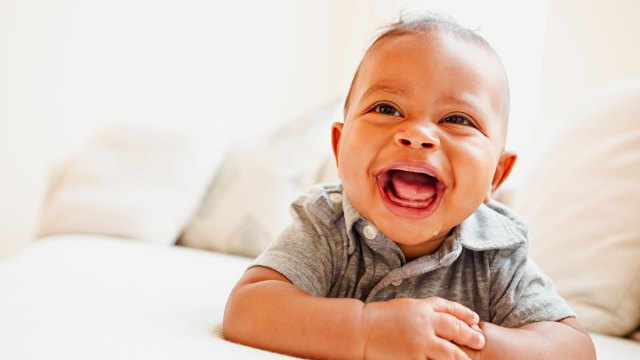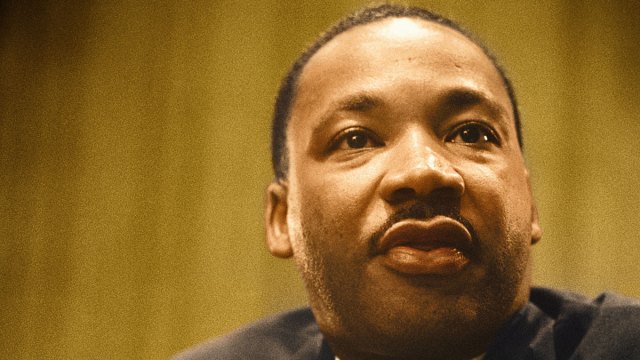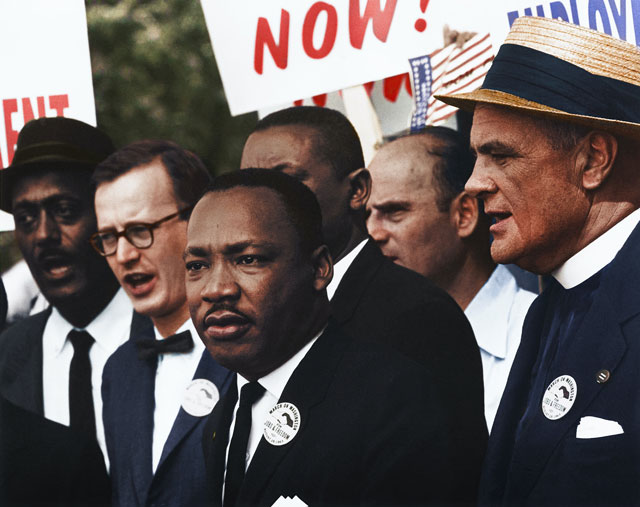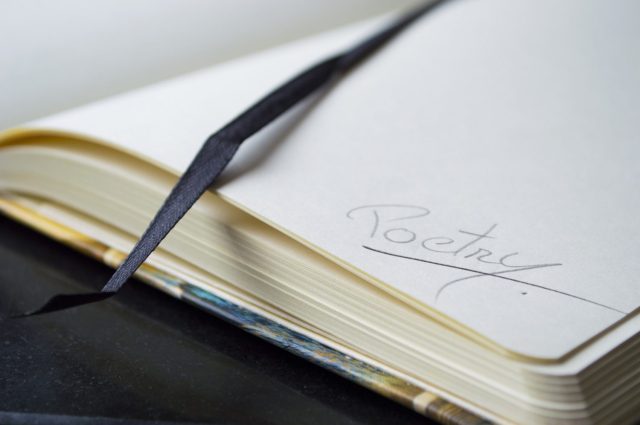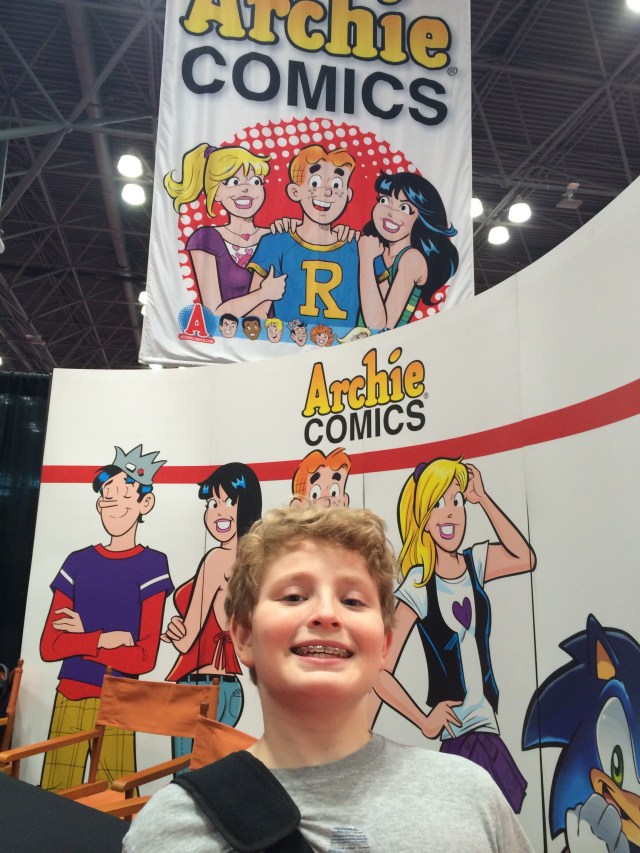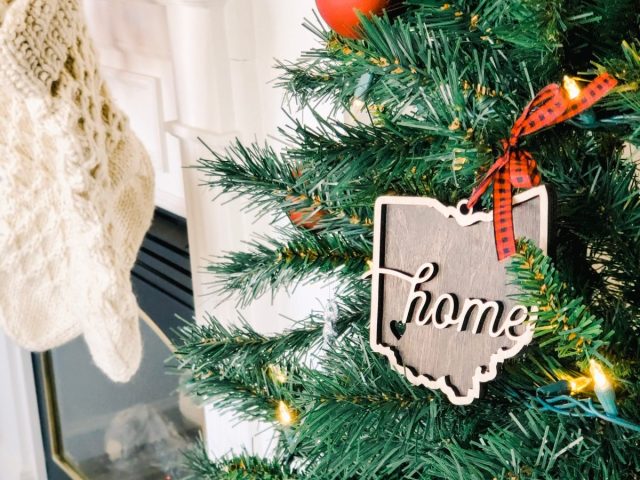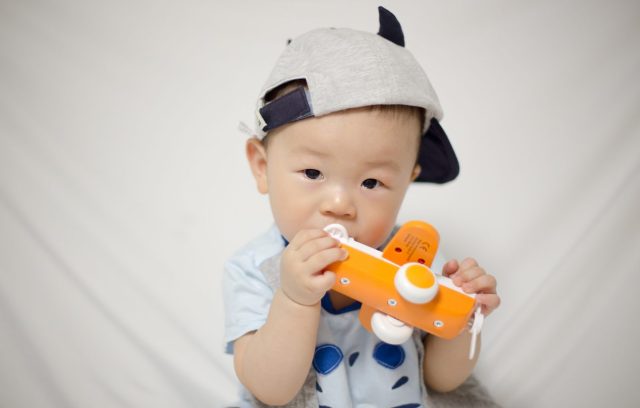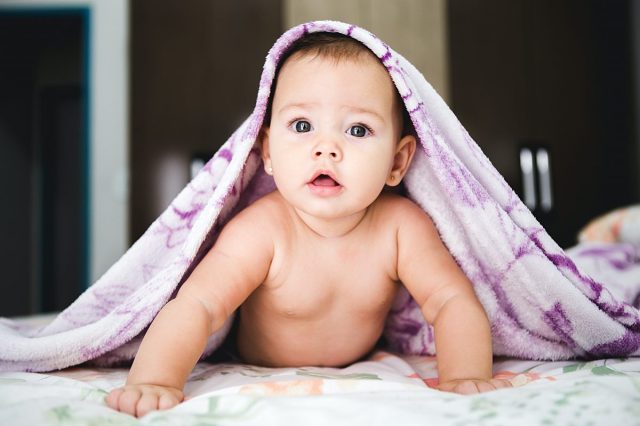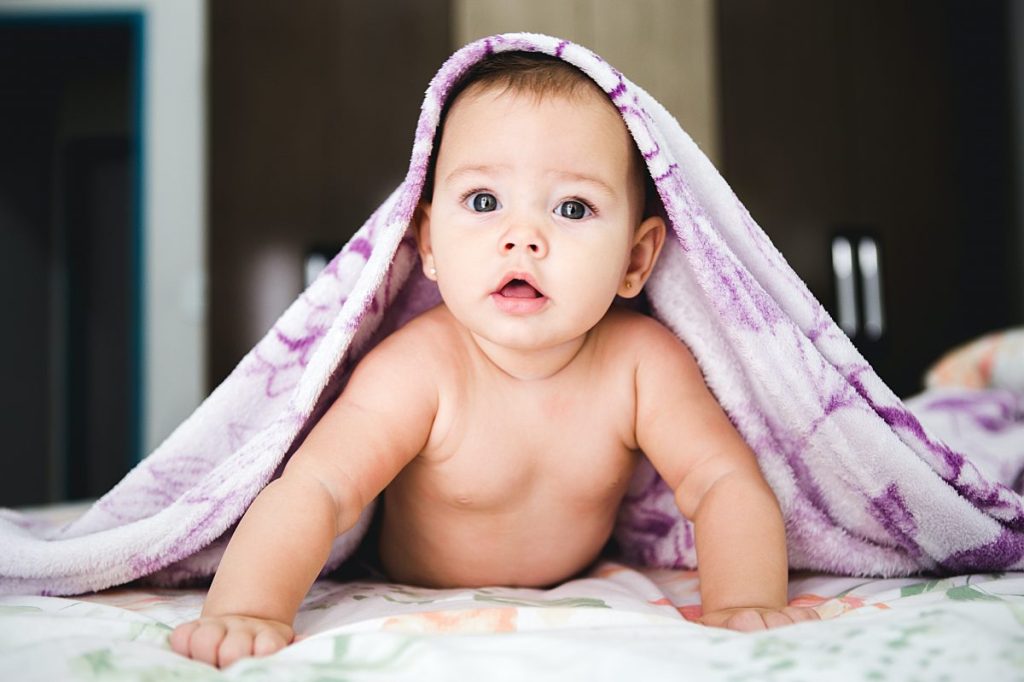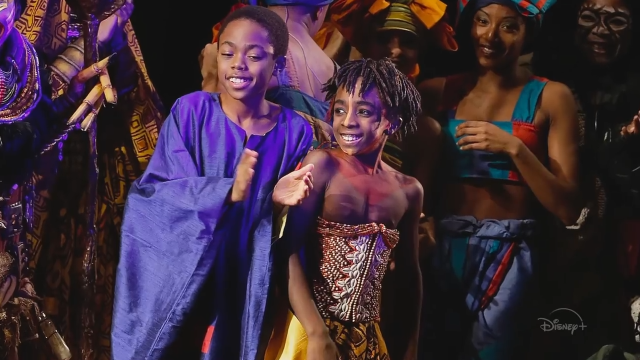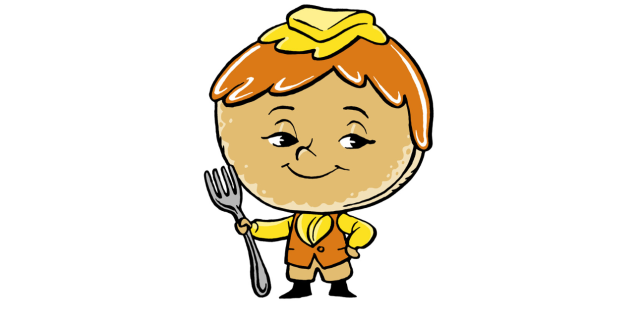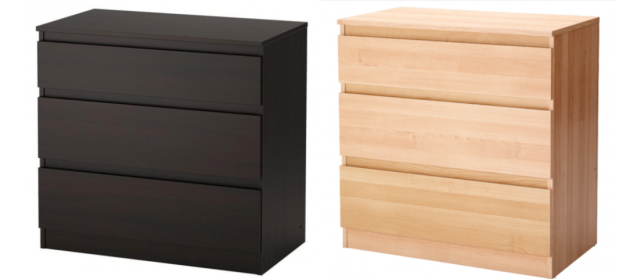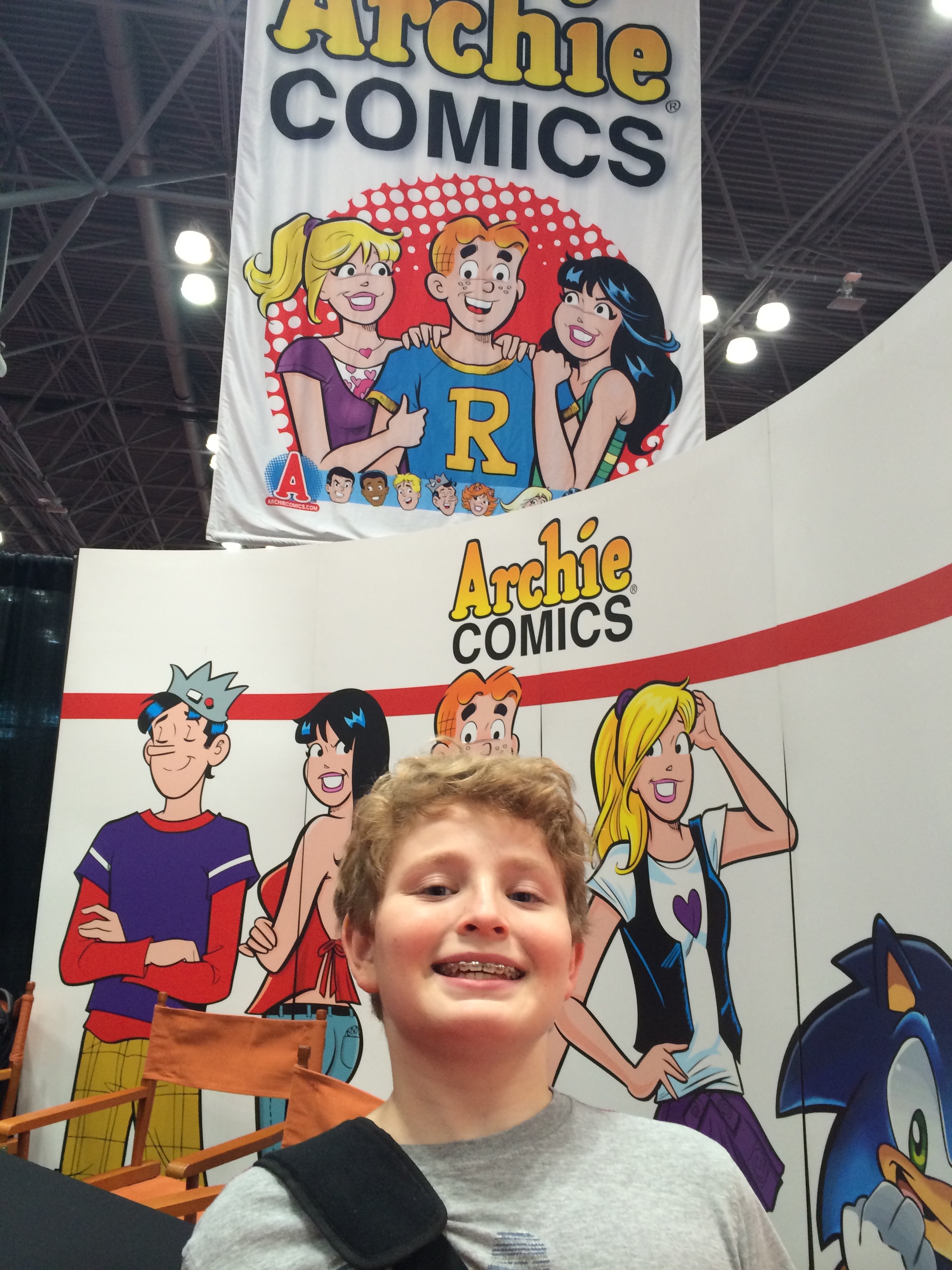
Photo: My own photo
Since he was in his early 20’s, my husband has known he would name his son Archie in honor of his beloved grandfather. They had an enviable relationship built on shared interests, humor, mutual respect and a closeness that doting grandparents strive to achieve. When my husband emerged from a brief serious illness as a child, he requested only one thing: a gingerbread man. Grandpa Archie ran all over town looking for an open bakery. Archie took my husband to Israel for his bar mitzvah. The stories about Archie – his booming voice, his humor, his out-sized personality – are lore in our family. As Archie lay dying, my husband rushed home from college and sat at his bedside, expressing his love and promising to name a son in his honor.
Our second child is a boy. His name is Archie. He is now 16 years old, and you would be hard-pressed to find many more Archie’s in his school, or in any school in our community.
When it was announced that the Duke and Duchess of Sussex have named their precious new baby Archie Harrison. And the internet has begun to implode.
Archie is a popular name in Great Britain. When my son was young, we were playing in the park one summer day, and I heard a woman with a British accent hollering for him. I turned to try and figure out why this stranger was calling my son. It didn’t occur to me that she might be calling another child – namely, her own son who had wandered over to the sandbox.
When I do occasionally meet another boy named Archie, I am taken aback. I’m not sure why I’m so surprised, but I am. There is a uniqueness about the name, perhaps tied to its’ strong association with the old Archie Comics character. Inevitably, when I mention his name, someone will respond, “Where’s Jughead? Is it Veronica or Betty? Hey, like the comic book!”
Yes, like the comic book.
I’m sure my teenaged son really loves all of this, and all of the additional feedback he gets on his name on a regular basis.
I’ve been fascinated to read all of the negative, insulting messages about the name Archie on social media comments. Every parent can name their child anything they like, and in the United States, many parents have created, from whole cloth and imagination, some particularly interesting and sometimes outlandish names. Yet a couple in Great Britain choosing an old-fashioned name like Archie is noteworthy, and also, strangely, an issue about which total strangers feel entitled to an opinion. I’ll admit, the Duke and Duchess aren’t any ordinary couple: they are a hugely popular, closely watched couple who have just produced a half-American, bi-racial royal offspring. But still, all of this fuss over the name Archie feels a little extreme.
Archie is the Scottish or English nickname for Archibald, which is of Germanic origin. It means bold or brave. It is my understanding that Archie is a family name of Prince Harry’s late mother, Princess Diana. Regardless, they could have named their son Moon or Sun or Stars. That choice was entirely up to them.
My son has already grown tired of hearing the royal baby naming news from classmates, teachers and anyone he encounters. His unique name has suddenly taken on a level of interest that he hasn’t yet experienced in his life. The upside is that the news cycle changes quickly these days, and social media trolls will soon move on to bashing other people for their personal life choices. As my British friend reminded me, today’s news is tomorrow’s fish ‘n chip wrapper.
For our family, the true, very personal origin of my son’s name makes it even more special and important. There’s nothing trendy about it. He was named to honor, to remember and to show tremendous love. We named him with the sincere hope that he would have a long, happy life like the one his great grandfather enjoyed. At the end of the day, I imagine that’s the hope of every parent as they gaze into the face of a newborn baby, placed gently in their arms for the first time, as they whisper, “hello.”
So I say….
Hello, Archie Harrison. Welcome to the world. Great name.
Natalie Silverstein, MPH, is the NYC coordinator of Doing Good Together. She is a writer, speaker and consultant on the topic of family service. Her first book Simple Acts: The Busy Family's Guide to Giving Back was published in 2019 and her second book for teens will be published in 2022.
